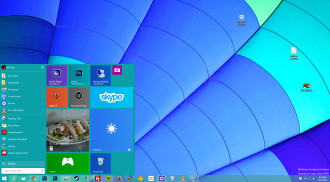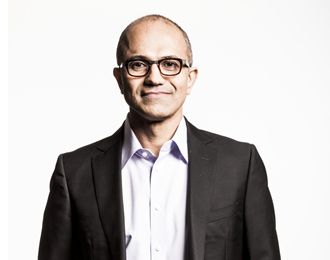 This years’ Oscars were a reasonably successful test bed for Microsoft’s new predictive technology — Cortina.
This years’ Oscars were a reasonably successful test bed for Microsoft’s new predictive technology — Cortina.
Microsoft predicted 20 of the 24 Oscar winners which is not a bad average and follows its accurate prediction of almost all of the World Cup’s knockout matches – a little better than the octopus.
Cortina could not work out who would win the original screenplay, original score, animated feature and film editing categories. It got all the rest.
The software uses Bing-analysed historical data and Vole told us in advance who it thought would win.
Microsoft uses a prediction model for the Oscars that is managed by Microsoft researcher David Rothschild at the company’s New York City research lab. Rothschild correctly predicted 21 of 24 Oscar winners last year, and 19 of 24 winners in 2013.
In comparison, Vegas odds from the Wynn casino weren’t nearly as good. The Wynn predicted best picture, best actress, best actor, best supporting actress, best supporting actor, and best director, but only managed to guess four of six correctly. Microsoft predicted all six accurately.
Practically this goes beyond fortune telling for vacuous entertainment events. This is Microsoft’s chance to prove the company’s abilities to manipulate data sets is better than anyone else’s.
Its main goal is to show that Bing algorithms and data itself is pretty powerful. These things are an interesting way to show users that Bing has a lot of horsepower beyond just providing good search results, a spokesVole said.



















